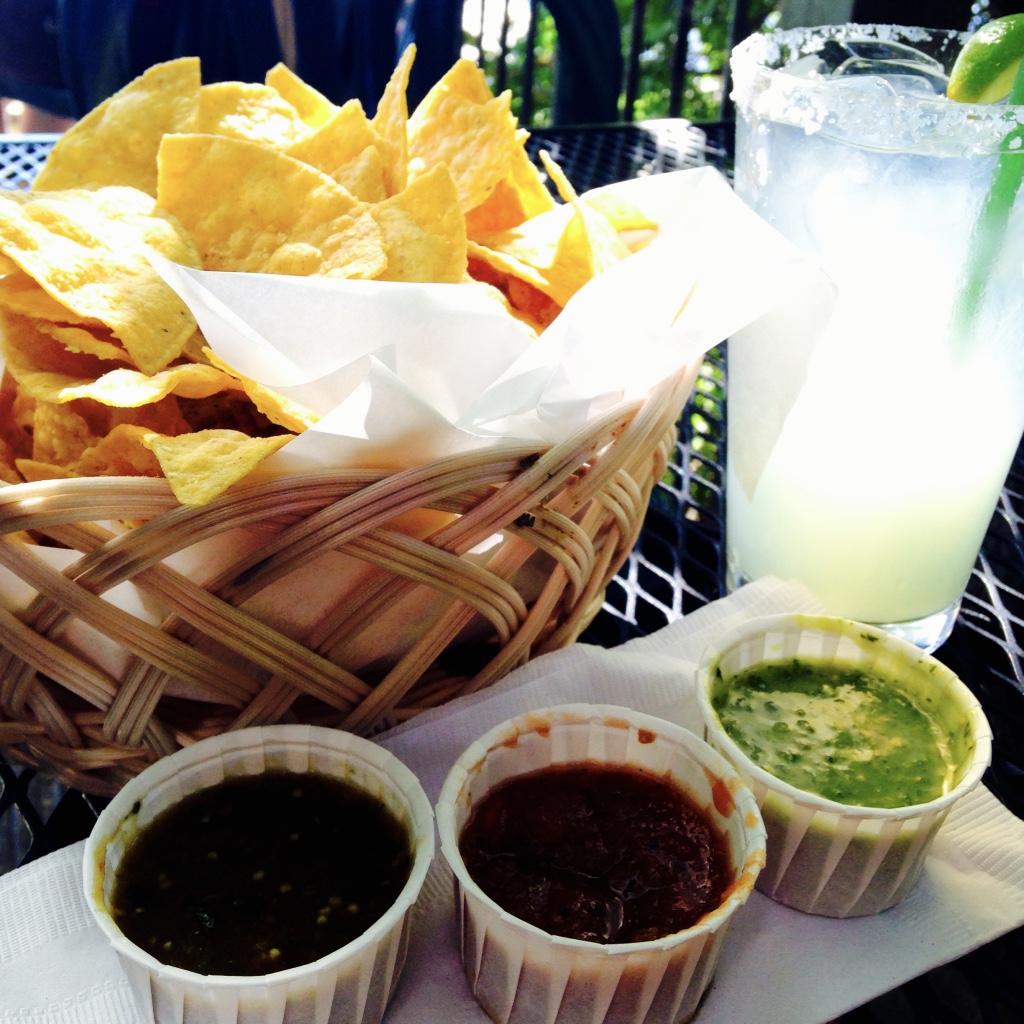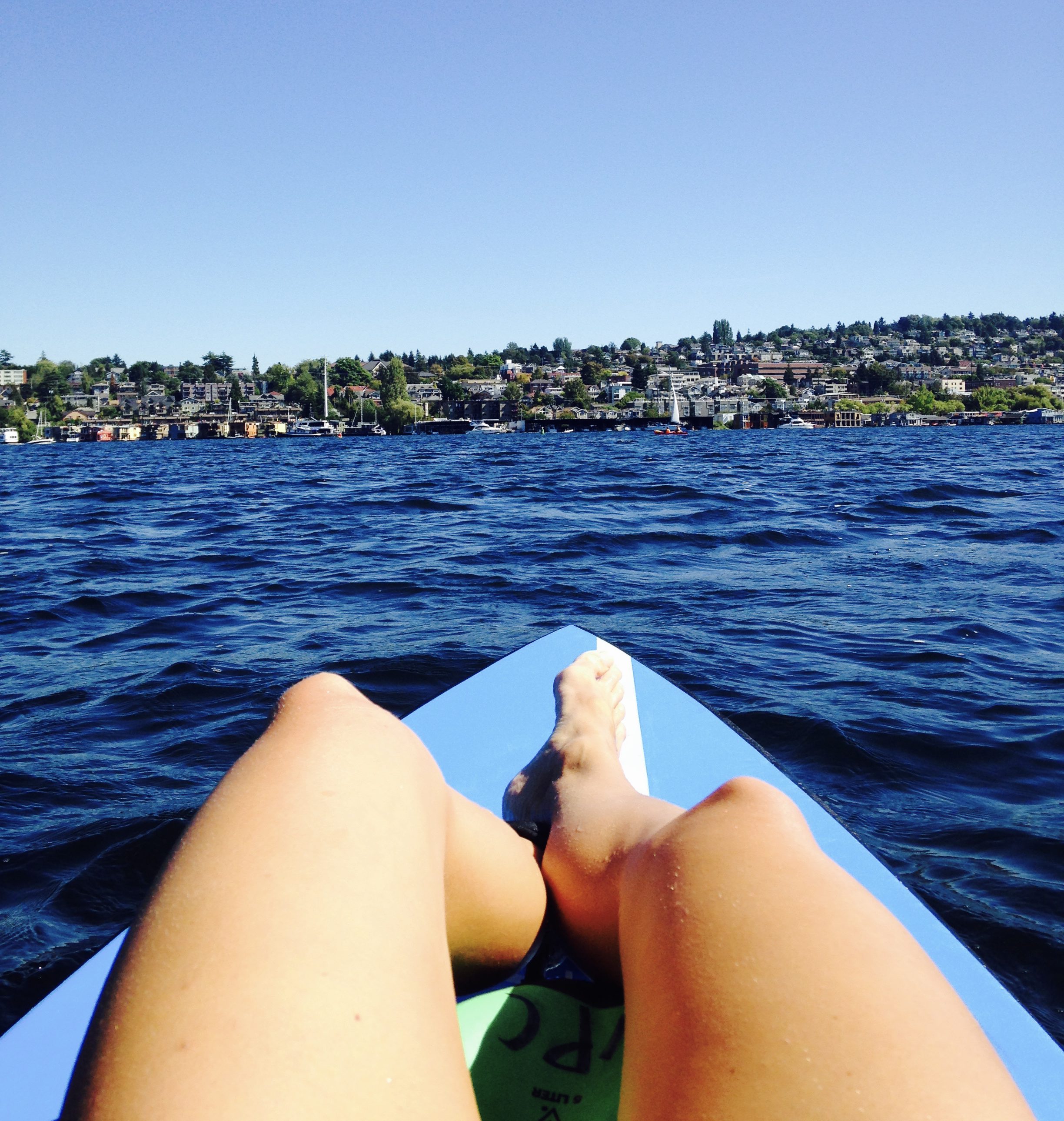
Working Vacations
I own and operate a small business, a law firm, and do some side content writing work as a freelancer. The majority of work I do is remote, and that’s intentional. With family and friends all over the country, two-weeks of vacation just does not seem like enough. I don’t want to see family only once a year and I don’t want to have to say no to all other travel to do so.
In the almost three years since I last held a full-time job, I’ve spent an roughly a month and a half each year away from San Diego County where I live. Pretty cool! I’ve gotten to spend weeks with my parents in December and been able to travel to places I had not been before been including Mexico, Yosemite, Thailand, Glacier National Park, Seattle, Washington, and Portland, Oregon.
It’d be even cooler if the month and a half was free from work, like an old school summer vacation, but that’s not the case. I can’t financially forego work for that many weeks a year and because I’m my firm’s sole employee, if I’m not doing work, it doesn’t get done. So, I take work with me…
THROUGH A LOT OF TRIAL AND ERROR, I’M SLOWLY MASTERING THE ART OF WORKING VACATIONS. I’ve found that…
Not All Trips Work for Work.
For me, working vacations, work better when I’m traveling solo or will have days or large blocks of time where I can be alone in a focus-friendly environment. My solo trip to Seattle and Portland was one of my best weeks financially. I worked in coffee shops, a waterfront Mexican restaurant (Ole!), the rental car, a hostel, and a shared AirBnB. It helped that aside from strangers I had no one to talk to.
In contrast, Thailand with four girl friends was one of my worst. I only worked a few hours over a two-week period. The long plane rides there and back where I figured I’d log at least a few hours? Zero hours. I was distracted by excitement, laughing with friends, fatigue, and on the way back a lingering stomach bug. The day I had planned to work in on Koh Phi Phi? Sick with stomach and chest illness, I couldn’t get out of bed or think about anything other than whether I should be at a hospital and how I’d get there. The other days I’d be motivated to sneak in an hour or two? That motivation never came.
Rest is Key.
You know how it’s hard to focus or do your best work when you are exhausted? Turns out, the same thing is true when you’re traveling. When I travel without work, for at least the first few days, I seem to be able to do get by on far less sleep than my usual 8+ hours. The excitement of the trip takes over and keeps me alert and in a jovial mood. That energy tragically disappears replaced by the underlying fatigue when I want to use it for work.
So, for me, rest before and during a working vacation is crucial, particularly for work done on travel days. If I’m rested on a plane, I can get a lot done without the interruption or temptation of the internet or text messages. If I’m tired, it’s much, MUCH harder. When I’m not well rested, the hum of the plane engine seems to lull me into a zoned out or half-asleep daze that even coffee can’t overcome.
Type of Work Matters.
Some time of work is easier to get done while traveling. For me, creative work, routine work, correspondence, future planning, and computer organization are well-suited for travel. The change in scenery even helps my creativity.
More detailed, deep-thought work, like complex legal research, is harder, though not impossible, to do well while traveling. That type of work does requires blocks of uninterrupted time to do well. It is feasible to get this type of work done if I plan to block off a few hours at a time to dedicate to it. Long, direct flights, coffee shops, and libraries are good locations for this deeper thought work.

Working, eating, and having a drink after paddle boarding in Seattle. (Type of work REALLY matters if you’re having a drink with it)
Sometimes it Sucks.
Sometimes working on a trip just plain sucks. It is impossible to always be rested, always find a good place to work, and always accurately estimate how much can be accomplished while on the trip.
One particularly awful experience was coming back from a weekend trip to Mexico and having to complete a few hours of deep-thinking work related to a complex, worker’s compensation bond case I was helping another attorney with. I was able to review a few of the documents on the car ride home but not nearly as much as I had hoped. So, exhausted, with not yet discovered Montezuma’s Revenge in my stomach (yeah, I’ve had some bad luck with travel illness, more on that in the future), I miserably completed the project.
Another crappy experience was when I had to finish a short project on Christmas Eve at my parents’ house. It was only an hour project, but having to pull away from the chaotic-relaxed (yes, seems like a contradiction but its accurate description) vibe of family time was disheartening.
In moments like these, my eyes flicker green thinking of friends who have paid time off. But I force myself to pull a Buddha move and just accept it: sometimes it sucks. I give myself internal pep-talks (“Just gotta get through it. You will get through it. It’s worth it.”) and play brain games (“If you finish this section, you can play one round of Candy Crush”).
True Vacations are Important
One of my most recent epiphanies has been that true time off, completely off from work is important. Working vacations allow me to see more family and places, but they don’t offer the stress reducing and recharging benefits that true time off does.
CURRENTLY, I HAVE MY EYE SET ON MORE INTERNATIONAL TRIPS, which tend to be more expensive and more time consuming than domestic travel. Yet, the idea excites me and I think that I can channel that excitement to figure out a way to fine tune the art of the working vacation for bigger trips.
